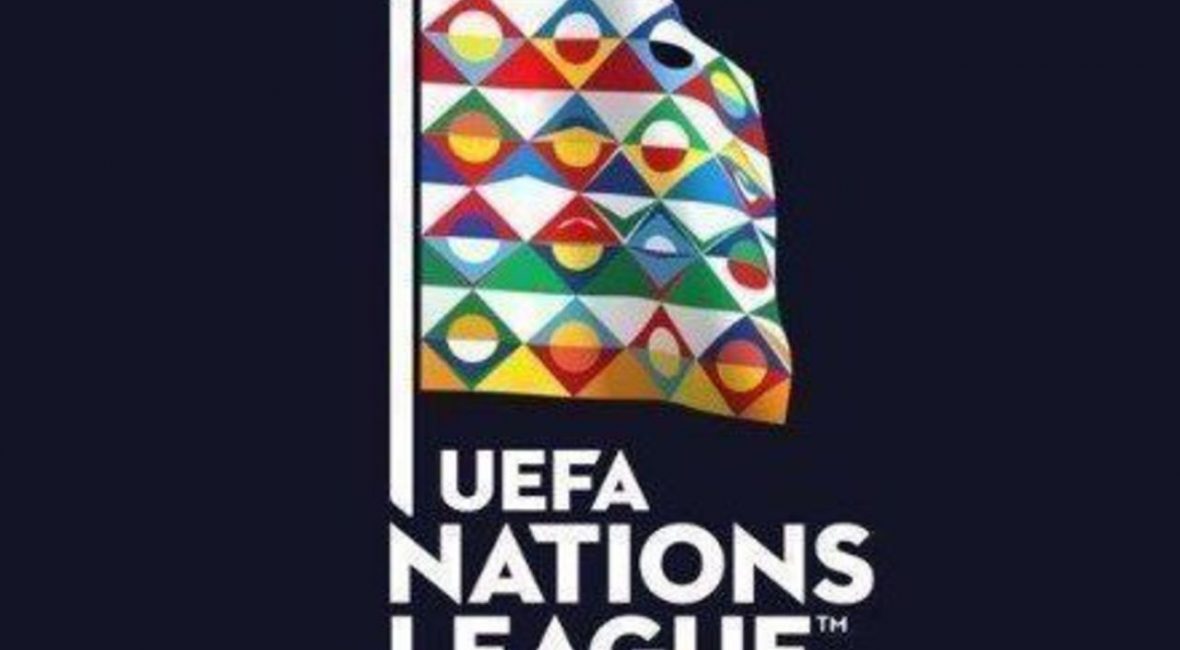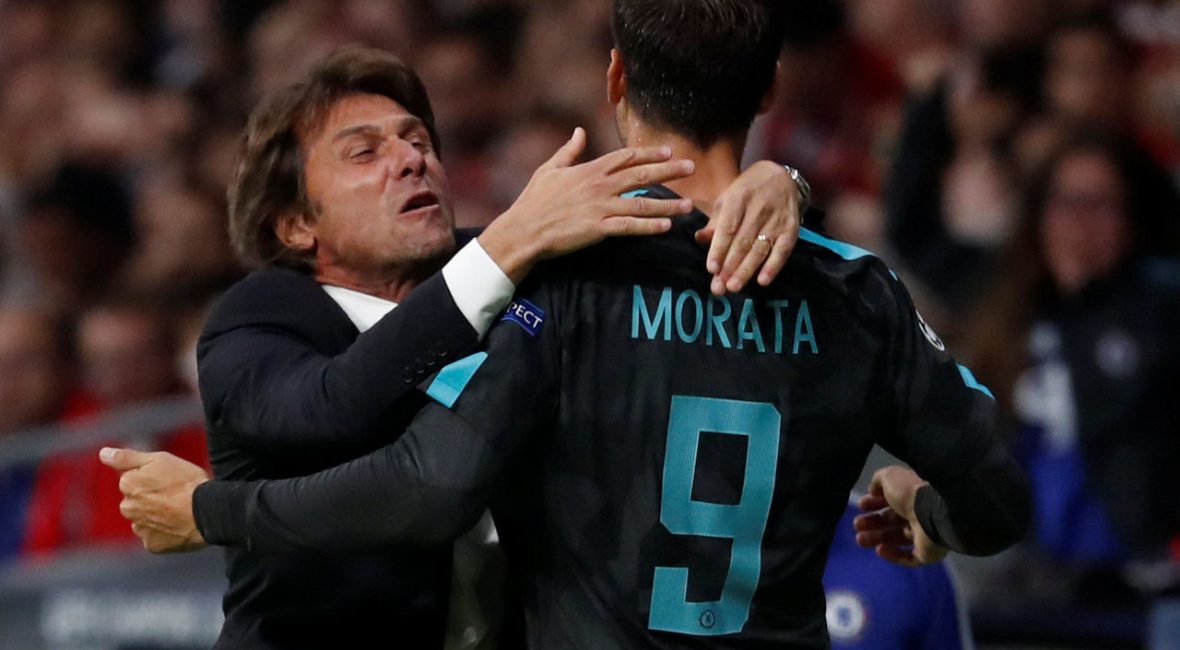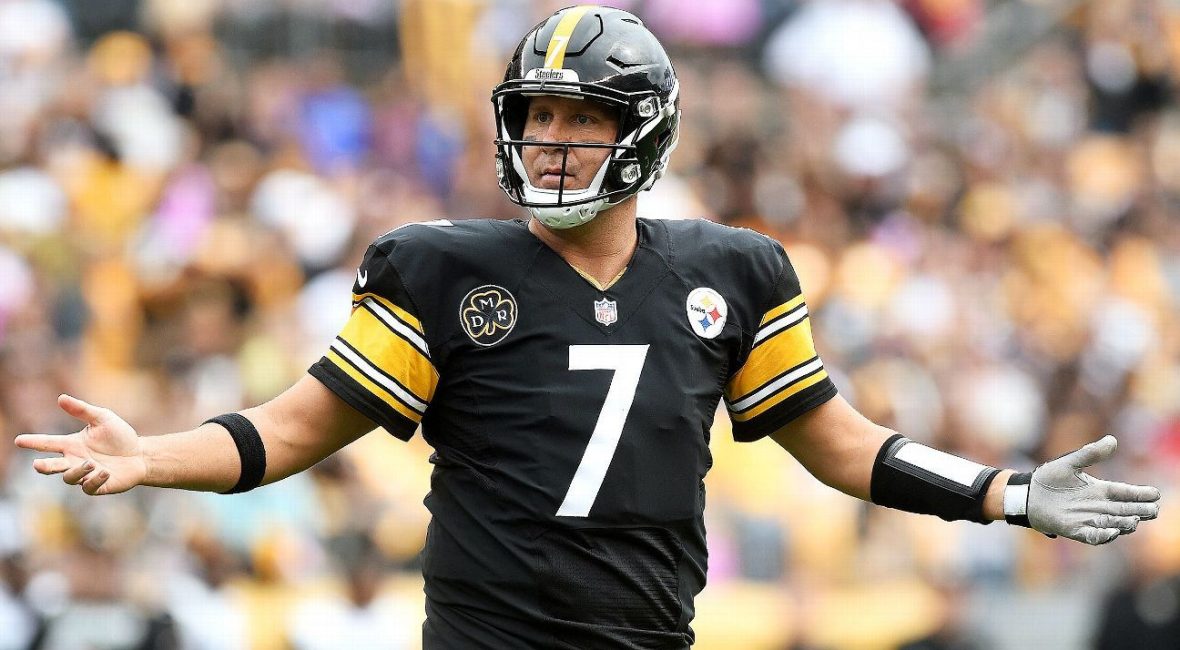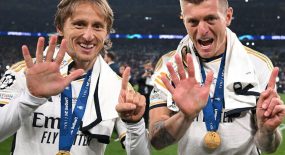UEFA’s answer to dwindling interest in international friendlies began to take shape with Tuesday’s unveiling of the format for the inaugural Nations League, which begins next September following the conclusion of the 2018 World Cup in Russia.
The European governing body confirmed the teams that can potentially compete against each other after breaking up UEFA’s 55 members into four leagues based on the continent’s National Team Coefficient Rankings that were confirmed when the 2018 World Cup qualifying group stage came to a conclusion Monday.
The top two leagues will be split further into groups of four teams, League C will have one group of three and three groups of four, and League D will feature four groups of four. The composition of each group will be unveiled during a draw Jan. 24 .
The winner from each group in League A will move on to the UEFA Nations League Finals in June 2019.
At the end of each phase – with cycles spanning almost a full year – four teams from leagues B through D will be promoted to a higher tier, while four teams with the poorest records in leagues A through C will be relegated.
Furthermore, the competition will be another route for which countries can qualify for the European Championship, as 16 group winners from leagues A through D that don’t qualify through the conventional process will have a chance to reach the tournament by competing in play-off matches in March 2020.
The Nations League group stage will delay the start of the European Championship qualifying stage from September 2018 until March 2019. Countries will be split into 10 groups of five or six, with two teams from each discovering their fates at the conclusion of qualifying in November.
League A and League B will each include 12 teams, while League C and League D will feature 16.
Here is the full league breakdown:
League A
Germany, Portugal, Belgium, Spain, France, England, Switzerland, Italy, Poland, Iceland, Croatia, Netherlands
Pot 1: Germany, Portugal, Belgium, Spain
Pot 2: France, England, Switzerland, Italy
Pot 3: Poland, Iceland, Croatia, Netherlands
League B
Austria, Wales, Russia, Slovakia, Sweden, Ukraine, Republic of Ireland, Bosnia and Herzegovina, Northern Ireland, Denmark, Czech Republic, Turkey
Pot 1: Austria, Wales, Russia, Slovakia
Pot 2: Sweden, Ukraine, Republic of Ireland, Bosnia and Herzegovina
Pot 3: Northern Ireland, Denmark, Czech Republic, Turkey
League C
Hungary, Romania, Scotland, Slovenia, Greece, Serbia, Albania, Norway, Montenegro, Israel, Bulgaria, Finland, Cyprus, Estonia, Lithuania
Pot 1: Hungary, Romania, Scotland, Slovenia
Pot 2: Greece, Serbia, Albania, Norway
Pot 3: Montenegro, Israel, Bulgaria, Finland
Pot 4: Cyprus, Estonia, Lithuania
League D
Azerbaijan, FYR Macedonia, Belarus, Georgia, Armenia, Latvia, Faroe Islands, Luxembourg, Kazakhstan, Moldova, Liechtenstein, Malta, Andorra, Kosovo, San Marino, Gibraltar
Pot 1: Azerbaijan, FYR Macedonia, Belarus, Georgia
Pot 2: Armenia, Latvia, Faroe Islands, Luxembourg
Pot 3: Kazakhstan, Moldova, Liechtenstein, Malta
Pot 4: Andorra, Kosovo, San Marino, Gibraltar
Important Dates
Matchday 1: 6-8 September 2018
Matchday 2: 9-11 September 2018
Matchday 3: 11-13 October 2018
Matchday 4: 14-16 October 2018
Matchday 5: 15-17 November 2018
Matchday 6: 18-20 November 2018
Finals draw: early December 2018
Finals: 5-9 June 2019
UEFA EURO 2020 play-off draw: 22 November 2019
UEFA EURO 2020 play-offs: 26-31 March 2020





















